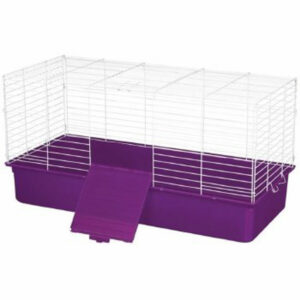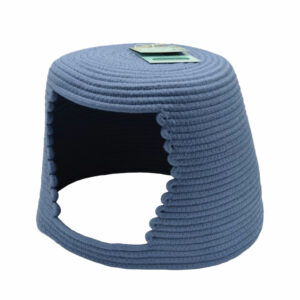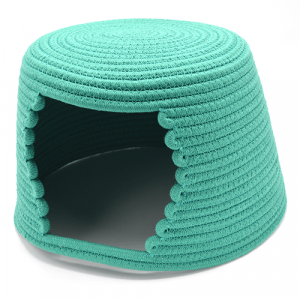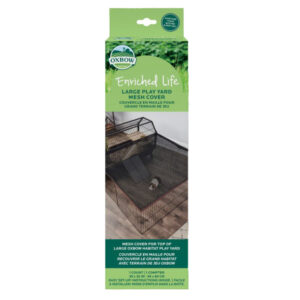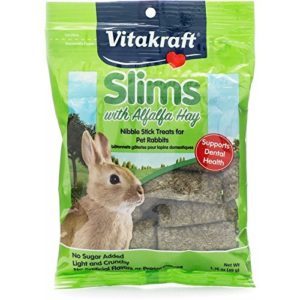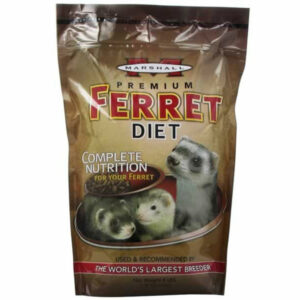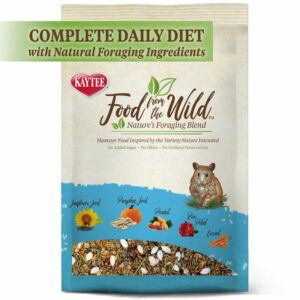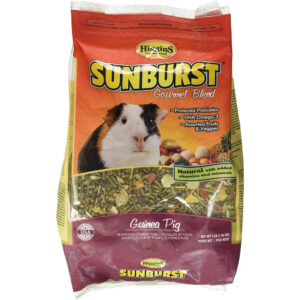About Guinea Pigs
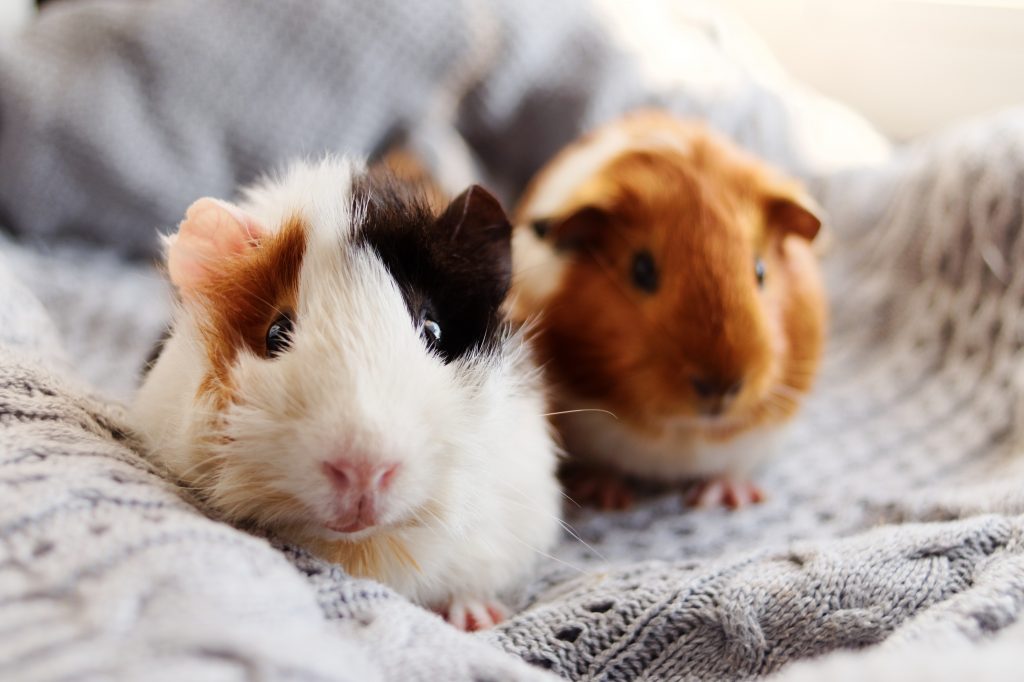
Guinea pigs make wonderful companions. These docile members of the rodent family rarely bite and are known for squeaking with delight when their favorite humans enter the room. Guinea pigs are excellent starter pets for older children who have mastered proper handling techniques.
Max Size
Larger than hamsters, but smaller than rabbits, guinea pigs can weigh a couple of pounds.
Life Span
5-7 Years
Habitat Requirements for a Guinea Pig
A cage approximately 20” x 40” with a solid bottom would work, but the bigger, the better. Guinea pigs love to hide when they play, so be sure to place cardboard tubes in the enclosure for this purpose. Plastic pipes and flower pots are good, too, and bricks and rocks for climbing will be much appreciated. All guinea pigs need a cave for sleeping and resting, so please provide a medium-sized flower pot or covered sleeping box.
- SUBSTRATE: Use Aspen shavings or a wood pulp or paper based bedding, as these are the safest materials. Never use CEDAR bedding since it has been associated with respiratory and liver disease.
Guinea Pig Diet
A quality pellet made specifically for guinea pigs, fresh fruits and vegetables. Offer Timothy hay at all times.
Water: Make sure fresh, clean water (with Vitamin C drops) are offered daily as well.
Special Notes
Before purchasing a guinea pig, consider the following: Can your family handle the natural activities and have the time and resources to care for a cavy?
Recommended Supply
- Cage and Cover
- Guinea Pig Food
- Food & Water Dishes
- Book about Guinea Pigs
- Timothy Hay
- Hiding Tubes
- Toys
NOTICE *As with any pet, it is important that you find a veterinarian that practices in the certified care for your animal. This guide is general in nature and should not be used to diagnose your pet.

